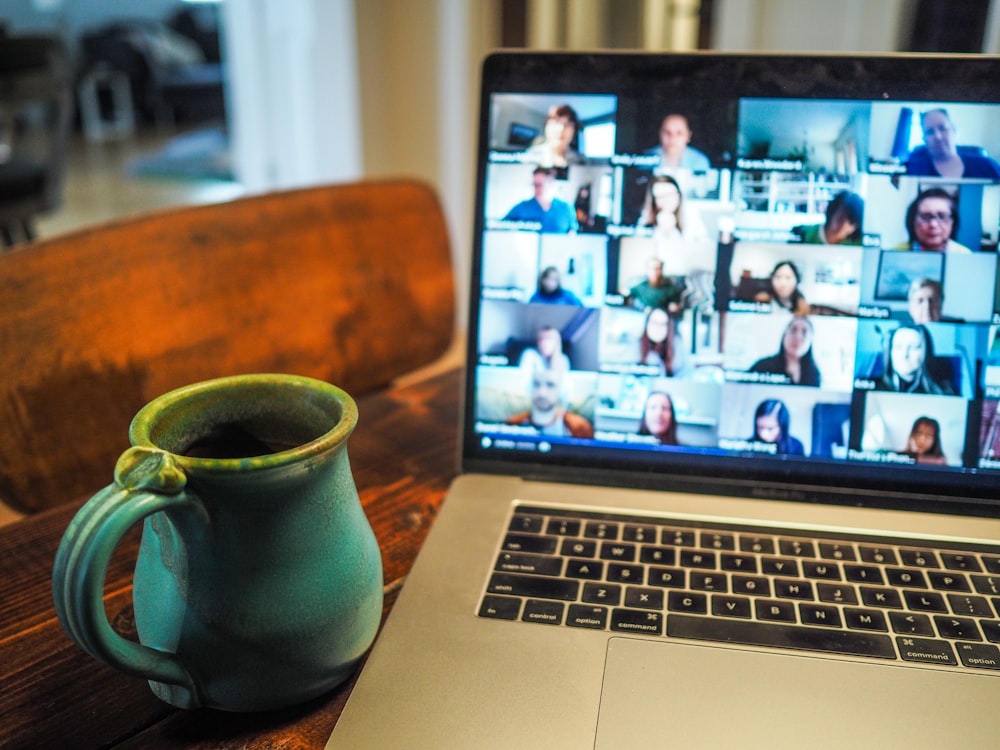The Covid-19 pandemic may feel like we are in stuck in a nightmare of a never ending crisis. No matter how positive and upbeat you are, the pain and loss we feel for friends, loved ones and for strangers at all corners of the world is inevitable. Pandemic fatigue is real! Although things may feel hard to get through, this is a reminder that this crisis is impermanent, and with the launching of various vaccines all over the world, it most certainly won’t last forever. In the mean time, hang on tight, here are some ways to help yourself cope.
1. Keep in touch with loved ones digitally
Nothing can replace meeting people face to face, however, calling, texting, sending emails, and video calling are a close second. The beauty of technology is that it eradicates the problem of distance, and you are able to check up and reach out to loved on all across the globe. With a touch of creativity, possibilities are endless. Organize activities such as Netflix parties, zoom games such as family quizzes, charades or attend a live music / theatre show online! If you prefer not to use a phone or computer, go retro with letter writing and sending postcards!
2. Keep active
Try to incorporate physical activity into your life as it can provide you with a routine and give you something to look forward to each day. Furthermore, the cocktail of “feel good” chemicals can help reduce stress and anxiety, thus keeping a positive mindset. Be creative with your choice of physical activity, a tip from us? Find joy in the simplest chores:
- Dancing to music : Turn the music up and bust some moves!
- Cleaning your home : Having a neat space can make you feel more motivated to complete more tasks.
- Walking up and down stairs: Free, effective workout! Able to work around your schedule so, no excuses!
- Follow online exercise classes: Get a workout in, support the fitness industry and be a part in a community!
3. Eat regularly and stay hydrated
Drowned with work and our thoughts, our meal times may be turned upside down. However, it is important to establish a routine in our daily lives. Structure is important for us as it can motivate us to be more productive in order to stick to a schedule. Furthermore, food is an important factor that affects our mood. It is important to eat a balanced diet, but remember to treat yourself once in a while! If you have a difficult relationship with food and eating, Mind Organization has information and tips that may be able to help you out.
Drinking water is one of the most underrated things in life. Feeling groggy? Skip the cup of coffee for a cup of water. Slight dehydration can significantly drain energy levels, causing you to feel lethargic and demotivated. According to Eat This magazine, the brain is made of 80% water, hence slight dehydration impairs brain’s abilities and functions. The article also cited a study done in the journal Nutrients, which reported that water can prevent memory and attention decline.
4. Experience personal growth
No, you don’t have to bake something new every day or learn a new language. Instead of seeing this as a lockdown, view it as a breather for you to reevaluate the trajectory of your life. Reevaluate your goals, your personal relationships, and make a list of your priorities. Take a step to deeply reflect how you have changed as a person and make a list of aspects of yourself you want to improve. Take this time to reconnect with yourself without the pressure and influence of peers, and create new goals from there.
5. Retain your autonomy

The lack of control we feel during the pandemic may make us more susceptible to anxiety and negative thoughts. To cope with this point, find ways to take charge over your life. Creating a routine can be necessary to increase productivity, but it is also necessary for us to feel in control of our lives. Work out what time you choose to wake up, eat your meals, when to stop work, when to sleep. Take time out of your mornings to write our daily schedules and weekly plans. Baby steps, creating a new schedule is wholly up to you!
References:
“What is an eating problem? | Mind, the mental health charity ….” https://www.mind.org.uk/information-support/types-of-mental-health-problems/eating-problems/about-eating-problems/. Accessed 27 Jan. 2021.
“What Happens When You Don’t Drink Enough Water | Eat This ….” https://www.eatthis.com/drink-water/. Accessed 27 Jan. 2021.
“Dehydration Influences Mood and Cognition: A Plausible ….” 10 May. 2011, https://www.ncbi.nlm.nih.gov/pmc/articles/PMC3257694/. Accessed 27 Jan. 2021.






